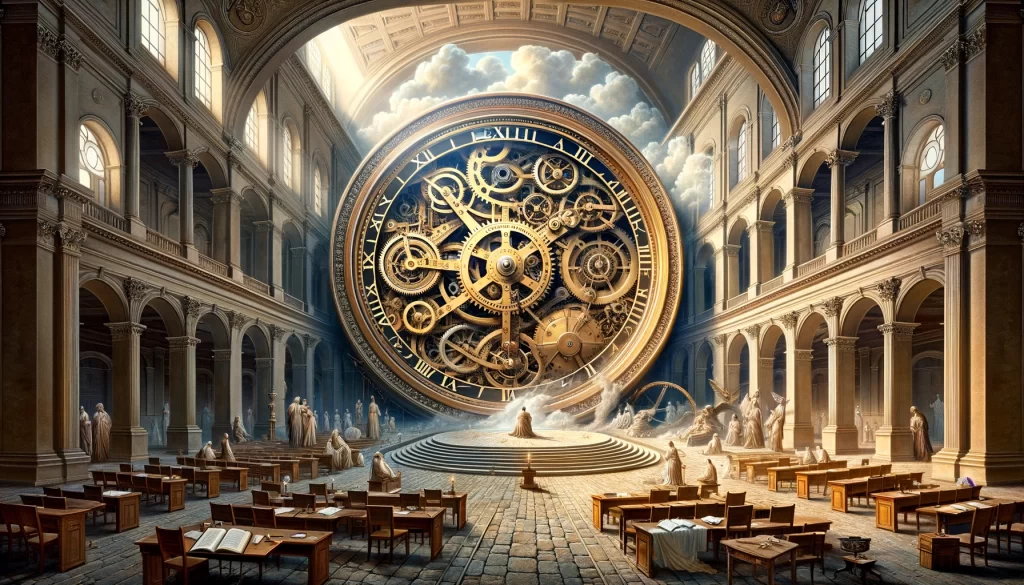
National Association of Christian Ministers Summary Series: Theology
Deism is a philosophical belief system that holds that God or a supreme being exists, but that this entity does not intervene in human affairs or the natural world. Deists believe that the universe was created by an intelligent and benevolent deity, but that this deity does not engage in ongoing miracles, revelation, or divine intervention.
Deism emerged as a prominent worldview during the Enlightenment period in the 17th and 18th centuries, when many thinkers began to challenge traditional religious dogma and embrace reason and scientific inquiry. Deists rejected the idea of a personal or anthropomorphic God, and instead viewed God as a distant and impersonal force that created the universe and established natural laws that govern it.
Deism is often contrasted with theism, which holds that God or gods are active and involved in the world, and with atheism, which denies the existence of God or gods altogether. Deists may still hold ethical and moral beliefs, but they reject the notion that these beliefs are based on divine revelation or supernatural authority.
Critics of deism argue that it offers an incomplete or unsatisfying worldview, as it provides no basis for a personal relationship with a deity or for belief in an afterlife or divine justice. However, deists may view their belief system as offering a rational and intellectually satisfying alternative to more traditional religious beliefs.
Overall, deism remains a subject of philosophical debate and continues to influence contemporary thought on religion, ethics, and the role of reason in understanding the universe.




